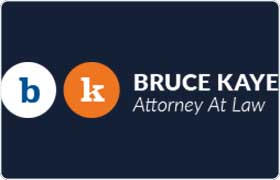Crandall DUI-DWI Lawyer, Texas
Sponsored Law Firm
-
 x
x

Click For More Info:
-
Law Offices Of Bruce C. Kaye
400 N. St. Paul St.1110 Dallas, TX 75201» view mapCriminal Defense Law Changing Lives, One Case At A Time
The best thing about running my own practice is the opportunity to give my clients the individual attention they deserve.
800-920-9461
Caroline Simone
DUI-DWI, Domestic Violence & Neglect, , Firearms, Criminal
Status: In Good Standing Licensed: 18 Years
FREE CONSULTATION
CONTACTFREE CONSULTATION
CONTACTJohn Lawrence Corn
Misdemeanor, Felony, DUI-DWI, Criminal
Status: In Good Standing Licensed: 39 Years
FREE CONSULTATION
CONTACTFREE CONSULTATION
CONTACTRandall B Isenberg
Traffic, White Collar Crime, DUI-DWI, Criminal
Status: In Good Standing Licensed: 46 Years
FREE CONSULTATION
CONTACT Bruce Kaye Dallas, TX
Bruce Kaye Dallas, TX

